THE world would have reacted with scepticism to President Barack Obama's announcement on Wednesday that America was withdrawing from Afghanistan “from a position of strength”. Announcing the much-awaited drawdown timetable for American forces in Afghanistan, the president claimed that Al Qaeda was now “under pressure” more than ever before and that “serious losses” had been inflicted on the Taliban. However, there is no evidence that the US-led forces have turned the corner or that the militants have been put on the defensive, much less beaten. Instead, the militants must be encouraged by Washington's plan that all American combat troops will withdraw by 2013, causing a vacuum which the US wants the Afghan security forces to fill. Given the Karzai regime's dismal record in terms of institution building, this appears to be a pipedream. The strength of the Afghan National Army is far below the stipulated strength, and the government's writ doesn't run in the greater part of the country.
The most disturbing part of the Obama speech is the haze that surrounds the president's future plans for Afghanistan. Even though he said the withdrawal of the “surge” troops in two stages would mark “the beginning, but not the end” of America's efforts to wind down the war, the speech contains no well-defined political targets for the future. There are no references to the war-ravaged country's rebuilding or to the way he would like the Karzai administration to take on the militants politically or militarily. Instead, he made it clear in his speech that America would not try to make Afghanistan “a perfect place” and that it would “not police its streets or patrol its mountains indefinitely” — words that must comfort the Taliban.
The president agreed that there had to be a peaceful settlement, but gave no details about the interlocutors, insisting that the negotiations “must be led by the Afghan government”. While there was some “tough talk”, as the US press called it, on Pakistan and safe havens, the president kept the status of the negotiations a mystery and did not indicate how he would take on board regional countries like Pakistan which have a stake in Afghanistan's future. Ten years after a war that, according to one report, costs $2bn per week, America is preparing to abandon the Af-Pak region without having achieved any of its political and military objectives. Its reluctant Nato partners were the first to sense that the war was lost and for that reason never had their hearts in the fighting. America came to this realisation much later, thus adding considerably to Pakistan's challenges.
























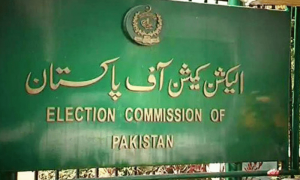
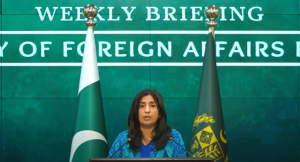
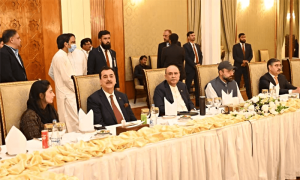



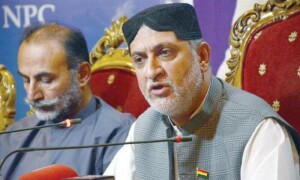


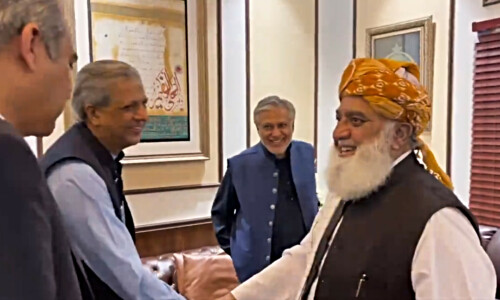


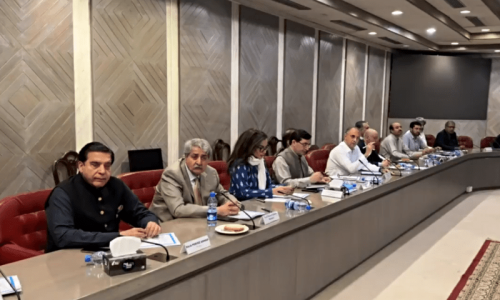







Dear visitor, the comments section is undergoing an overhaul and will return soon.